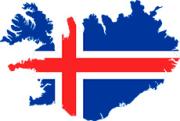Date: 22 May 2025
Time: 10:30 - 12:30
Presentations
10:30-11:00
Martina Rooney, Dr., Co-Centre for Sustainable Food Systems, University College Dublin, Ireland
11:00-11:30
Hanna L. Tuomisto, Professor, University of Helsinki & Natural Resources Institute Finland
11:30-12:00
Thom Huppertz, Professor, University College Cork/FrieslandCampina, The Netherlands
12:00-12:30
Lea Sletting Jakobsen, Senior Researcher, Food Science Institute, Technical University of Denmark
Abstracts

The dairy matrix and its role in future diets
Dairy foods are a rich source of nutrients such as protein, calcium, iodine, vitamin D and riboflavin, which are important for biological processes, and therefore, health. Food-based dietary guidelines generally recommend limiting consumption of full-fat dairy foods, such as cheese, owing to its’ saturated fat content, which has been linked to elevated cholesterol concentrations and can lead to increased cardiovascular disease risk. However, epidemiological evidence indicates dairy fat has neutral or beneficial effects on cardiovascular health,1 with randomised controlled trials (RCTs) demonstrating that chronic consumption of an experimental dose of 120g/day of cheese has no detrimental effect on total and LDL concentrations.2,3 The dairy matrix, the structure and interaction of proteins, fats and nutritive components is thought to be responsible, as unmelted, full-fat cheddar cheese has been shown to have more favourable effects on aspects of blood lipids compared to melted cheese,2 deconstructed cheese ingredients2,3 and a reduced-fat cheese and butter intervention.3 Ireland is in a unique position where cows graze outdoors for 8-10 months per year4 compared to other countries such as the USA and China, where cows are fed a partial or total mixed ration diet (TMR), comprising silage, straw and concentrates.4 Cheese derived from cows on pasture diets has a greater concentration of unsaturated fatty acids compared to cheese derived from TMR-fed cows.5 When eaten, pasture-fed cheese was found to lower circulating concentrations of saturated fatty acids in middle-aged, overweighthumans, compared to TMR-fed cheese over a 6-week period. This suggests than grass fed dairy, with an improved nutrient profile and produced from a natural feeding system has a role in future diets and food-based dietary guidelines. 1 Drouin-Chartier et al., 2016 Advances in nutrition. 2O’Connor et al., 2024, Food & Function. 3 Feeney et al., 2018, AJCN. 4O'Brien et al., 2018. Journal of dairy science. 5Timlin et al., 2024, Journal of Dairy Science
Martina Rooney, Dr., Co-Centre for Sustainable Food Systems, University College Dublin, Ireland

Considering nutritional value in environmental assessment of dairy products and plant-based alternatives
The Nordic diets are rich in dairy products, from which we currently obtain a significant amount of many nutrients essential for physical performance and health. On the other hand, dairy products contribute greatly to the intake of saturated fatty acids in the diet, often associated with negative health effects. Dairy products also account for a big share of diet’s environmental impacts, which in turn accounts for about 20-30 % of the climate impact of consumption in Finland. However, different dairy products differ in their nutritional and environmental impacts, and dairy products appear in many ways contradictory from a dietary sustainability perspective. Milk substitute products have come onto the market and can reduce the environmental impact of the diet. Life cycle assessment (LCA) is a method for considering the environmental impacts of a product. In nutritional LCA (nLCA), the nutritional aspects of foods are considered in more depth than usual. This presentation presents recent developments in nLCA related to milk and its plant-based substitutes.
Hanna L. Tuomisto, Professor, University of Helsinki & Natural Resources Institute Finland

Protein quality in relation to sustainable diet
In transitions to more sustainable food systems, protein is the nutrient that has gained most attention; some have even termed this food systems transition the ‘protein transition’, which has led to some calling for ‘animal protein’ to be replaced by ‘plant protein’. This reductionistic approach, however, overlooks (1) that diets should be nutrient-adequate, and transitions cannot be centred around single nutrients, and (2) that any replacement of proteins cannot be solely quantitative, but should also consider qualitative aspects. Protein quality metrics, such as the digestible indispensable amino acid score (DIAAS), are designed around the ability of a protein to provide sufficient levels of all the indispensable amino acids in digestible form. DIAAS values for milk proteins, and proteins from other animal sources, e.g., meat, fish and eggs, are often notably higher than those from plants. Hence, consideration of protein quality values in nutritional life cycle analysis notably affects the comparative environmental impact of foods and ingredients. Protein quality can also be considered in sustainable diet and food system perspectives. Also here, consideration of protein quality significantly impacts the presence of specific proteins sources in designed sustainable diets or food systems. In all cases, it is clear that nutrient-adequate sustainable diets cannot be created without dairy products and some other animal products. Such effects are both due to the high protein quality in dairy products, but also the fact that dairy fact that dairy products contain many other critical nutrients needed in sustainable diets.
Thom Huppertz, Professor, University College Cork/FrieslandCampina, The Netherlands

The impact of dairy products on the healthy life span of people living in Denmark
Dairy products provide essential nutrients important for sustaining health over the course of life. Meanwhile, sustainability concerns are driving dietary shifts globally. With the production of animal-sourced foods being recognized as important drivers of climate change, it is relevant to also quantify the impact of dairy products on public health. . Health risk-benefit assessment of foods provides a tool to comprehensively assess the impact on health of changes in food intakes, considering both positive and negative health effects of the food documented in the scientific literature and food intake data. This presentation highlights results from RBDairy, a project co-funded by the Danish Dairy Research Foundation and the Technical University of Denmark, which aimed to estimate the number of healthy life years gained or lost in the Danish population given hypothetical changes in intakes of dairy products and possible replacement of milk by plant-based alternatives, such as rice drinks. Additionally, the presentation will include preliminary results of a new study investigating dairy products role in diets that are optimal for health and sustainability, where diets are optimized to minimize the loss of healthy life years and environmental impact. Together, the results contribute to the overall evidence needed to quantify and assess the trade-offs of the transition to a sustainable food system. This is highly relevant for the dairy industry, which is a major stakeholder in Nordic food systems, but also for decision-makers that are responsible for a sustainable transition. Regrettably, we do not have the necessary permissions to distribute this presentation at this time, as we are currently awaiting an alternative edition
Lea Sletting Jakobsen, Senior Researcher, Food Science Institute, Technical University of Denmark
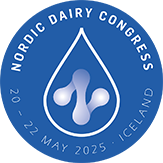












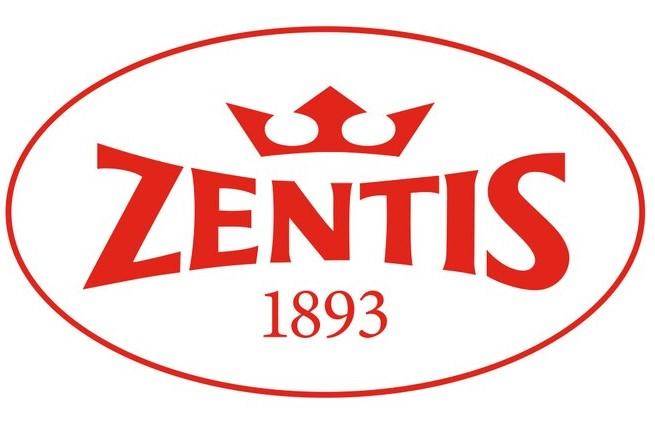

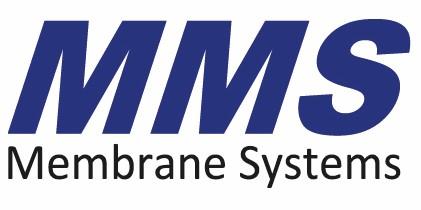


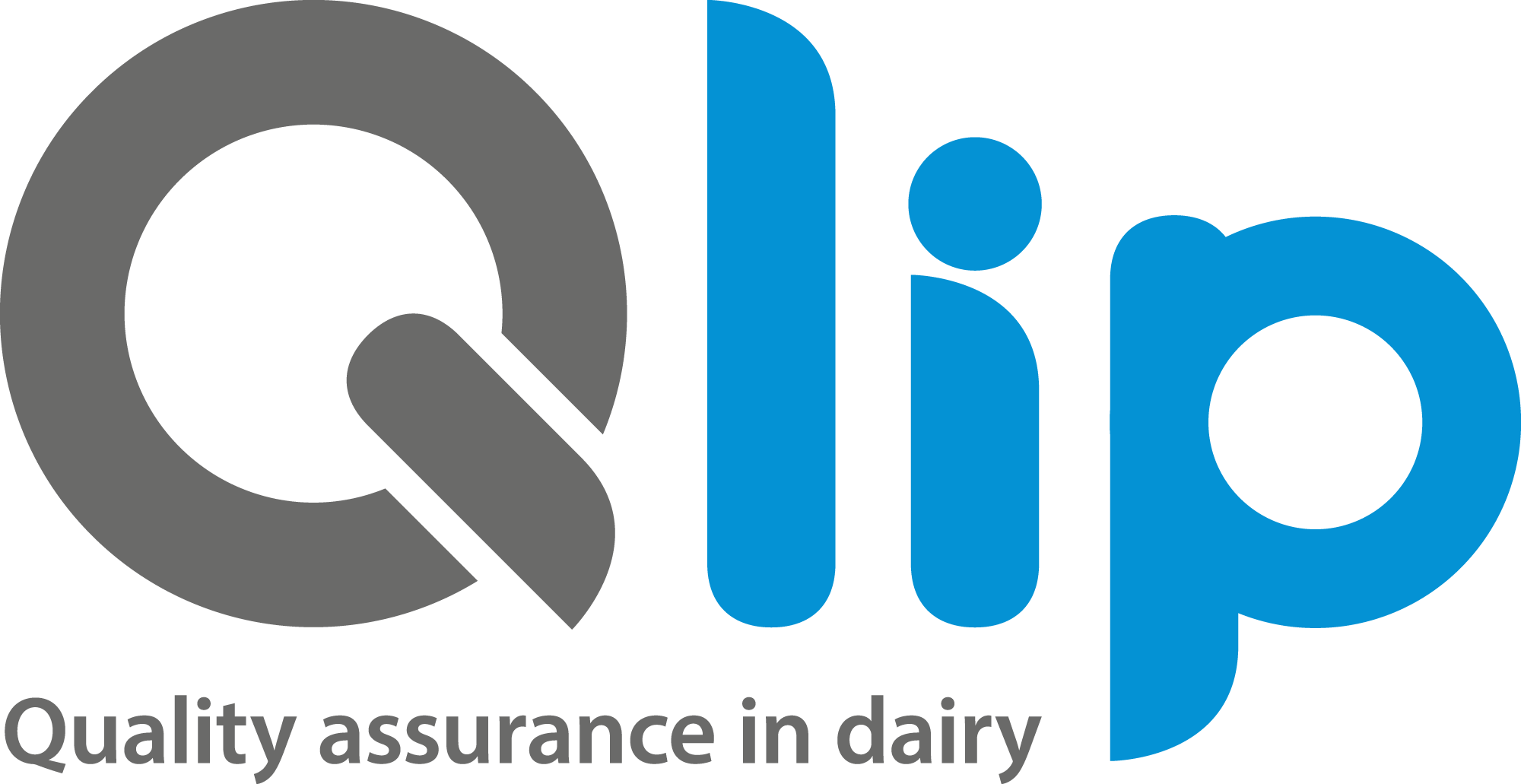
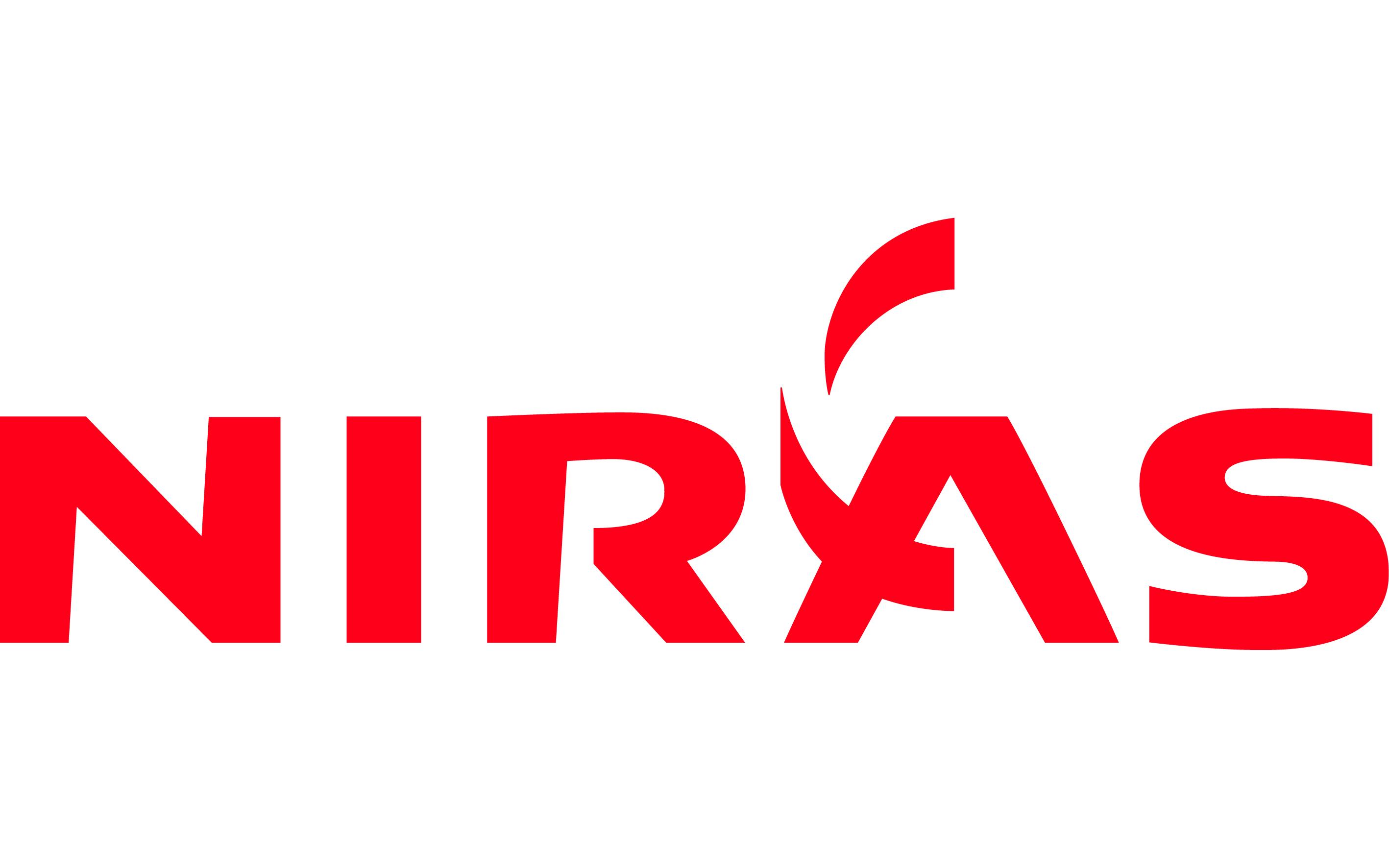


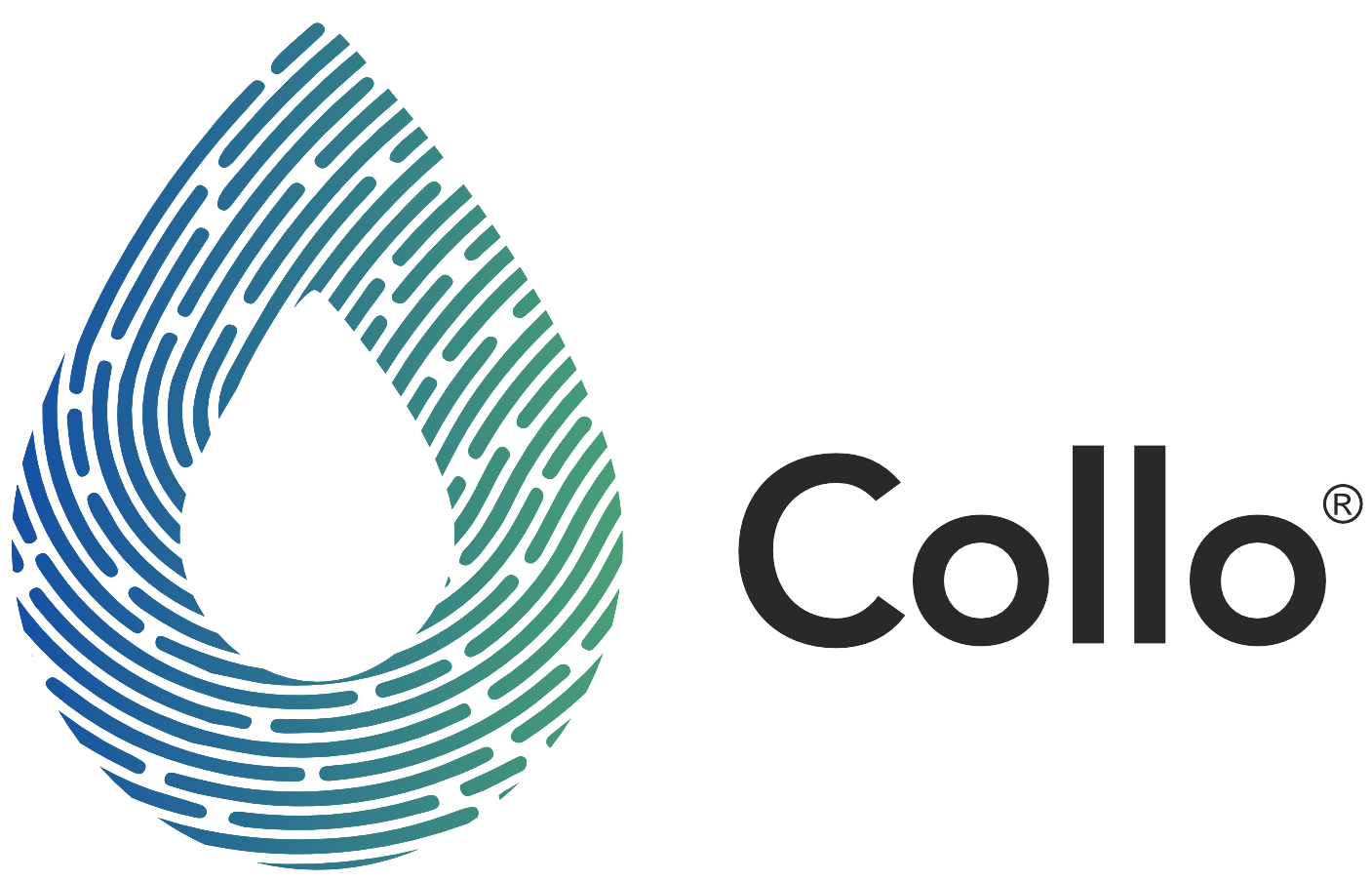






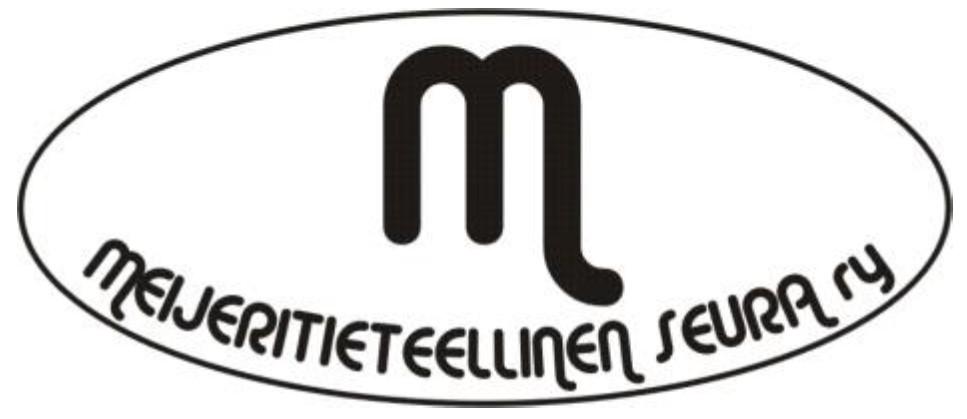
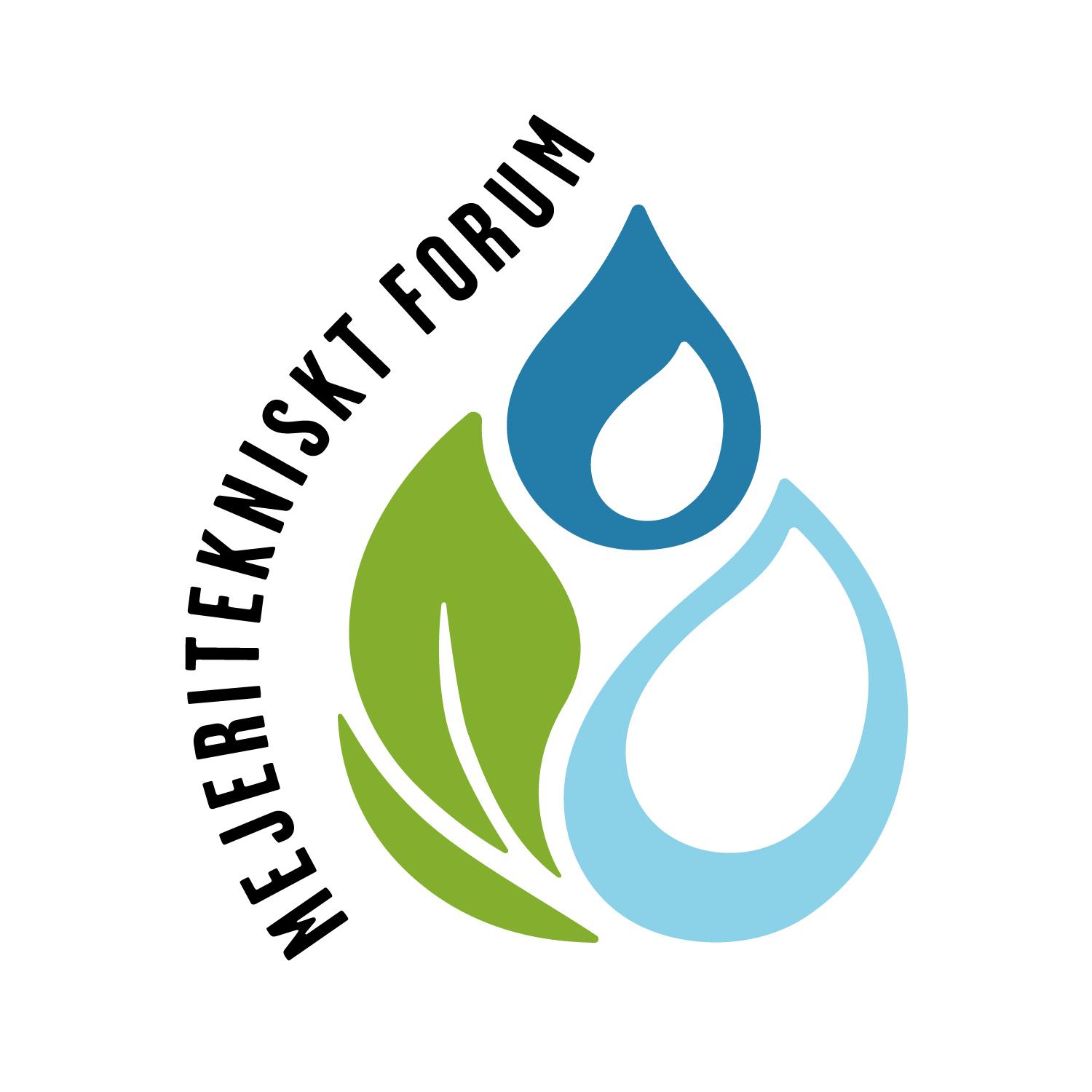
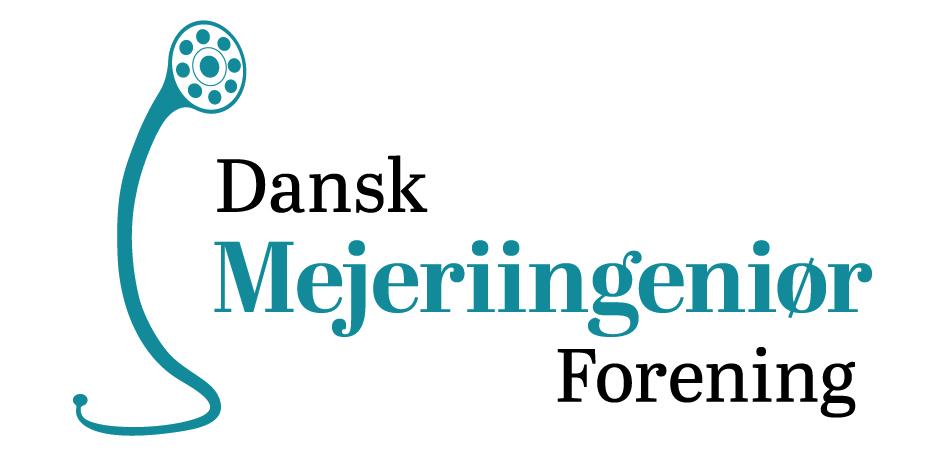
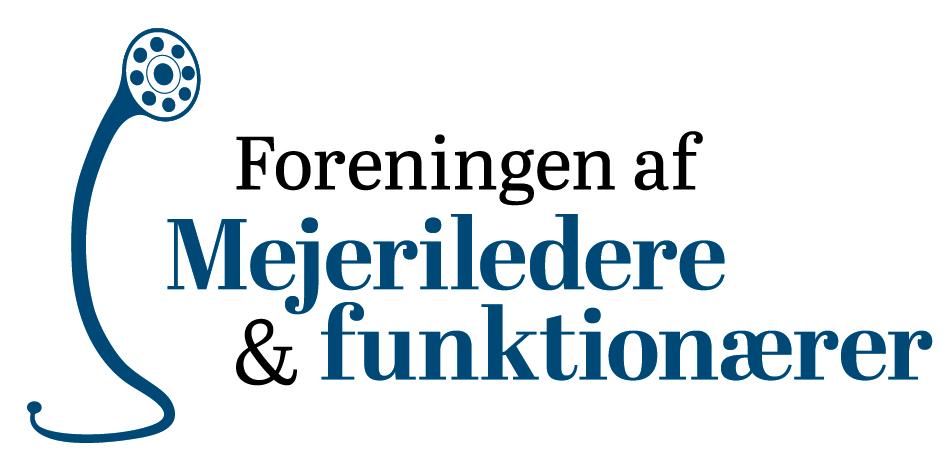



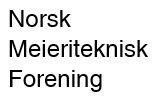
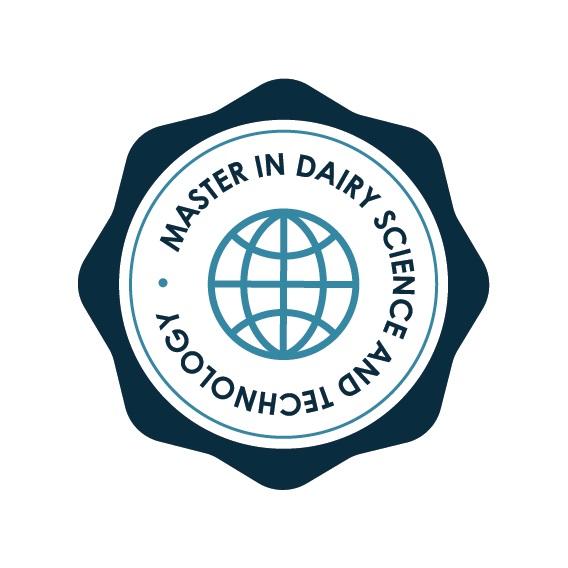


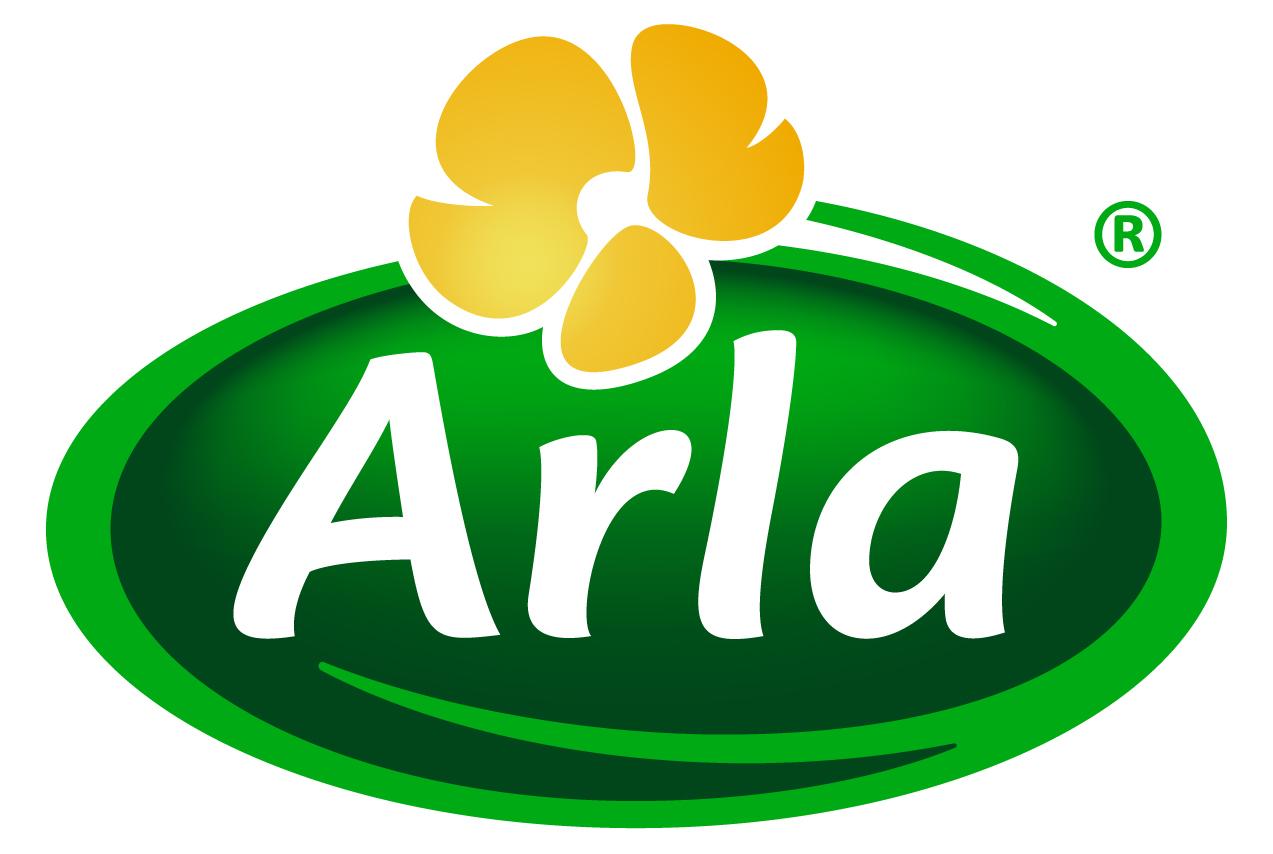

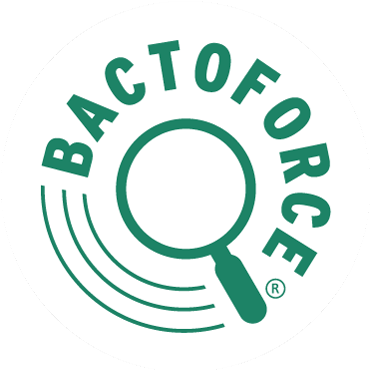

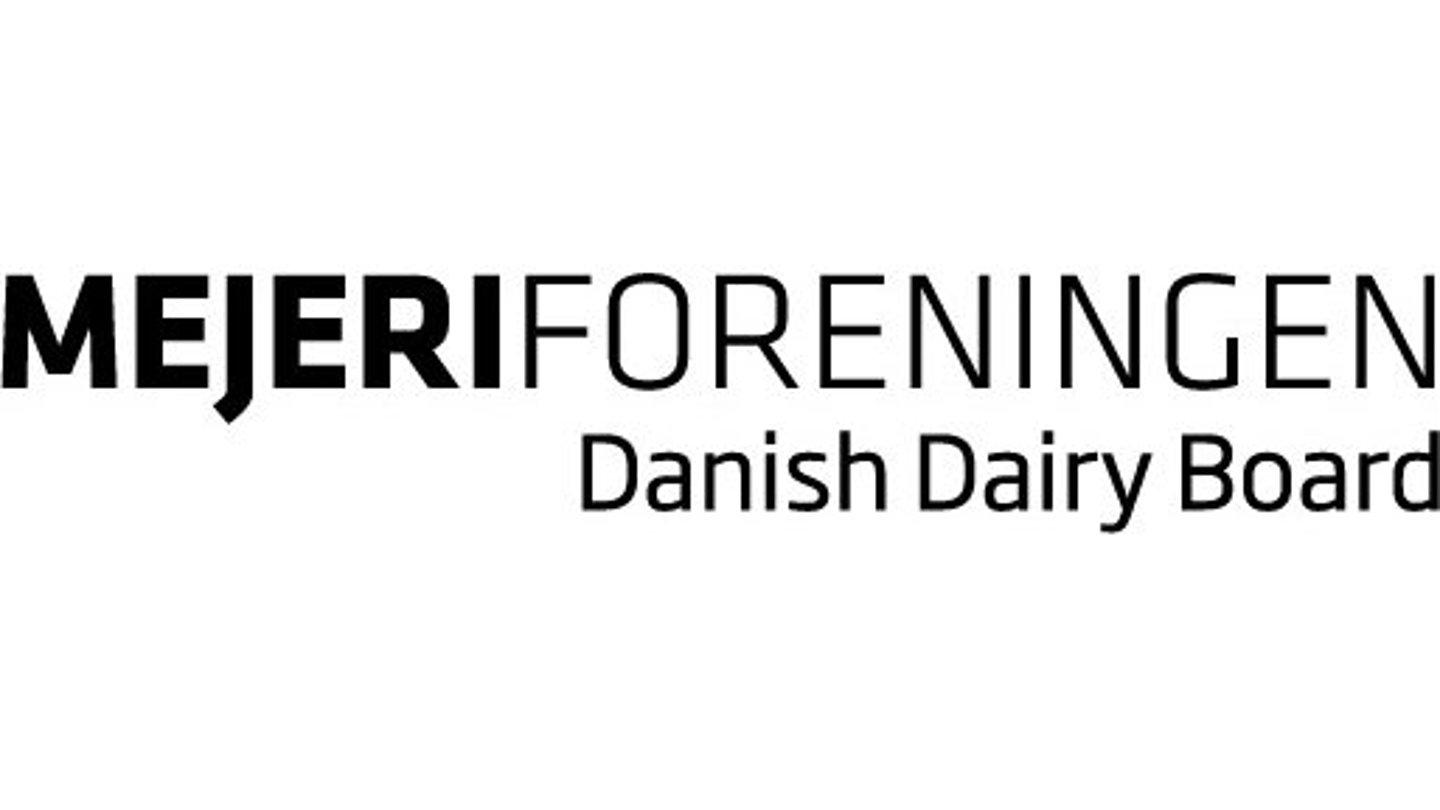
 Munkehatten 28
Munkehatten 28